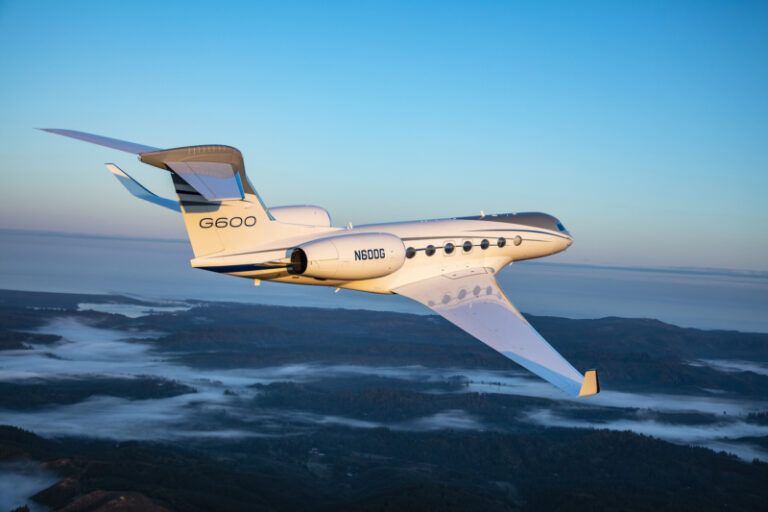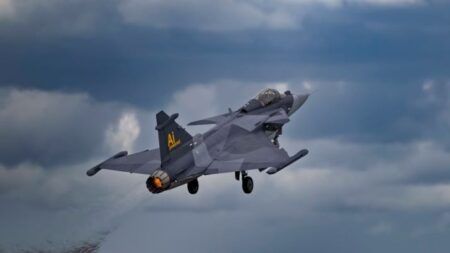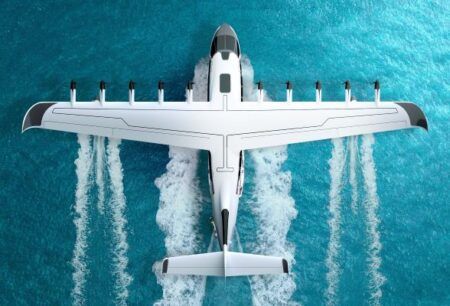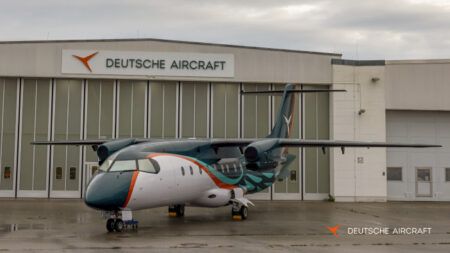The first transatlantic flight was made by a Gulfstream G600 business jet aircraft using a 100% pure blend of Sustainable Aviation Fuel last month.
The test flight, which took place on November 19, departed Gulfstream’s headquarters in Savannah, Georgia and landed 6 hours, 56 minutes later at Farnborough Airport in UK.
The G600 aircraft’s two Pratt & Whitney PW815GA engines both used a 100% blend of sustainable aviation fuel (SAF). Data collected from the flight will help engineers at Gulfstream and its suppliers gauge aircraft compatibility with future low-aromatic renewable fuels, particularly under cold temperatures for extended flight durations.
Mark Burns, president of Gulfstream said, “Gulfstream is innovating for a sustainable future. One of the keys to reaching business aviation’s long-term decarbonization goals is the broad use of SAF in place of fossil-based jet fuel.
“The completion of this world-class flight helps to advance business aviation’s overarching sustainability mission and create positive environmental impacts for future generations.”
The SAF used on the flight was produced by World Energy and delivered by World Fuel Services. It was comprised of 100% Hydroprocessed Esters and Fatty Acids (neat HEFA), which has at least 70% lower lifecycle CO2 emissions than fossil-based jet fuel.
Additionally, the zero added aromatics fuel has a reduced impact on local air quality and very low sulfur content, which can reduce non-CO2 environmental impacts.
Anthony Rossi, vice president of sales and marketing at Pratt & Whitney Canada said, “Gulfstream continues to break new ground in the sustainable aviation space, and we applaud them for completing this mission as we work to validate the compatibility of our engines with unblended SAF.”
Other key partners supporting the flight included Honeywell, Safran and Eaton.





